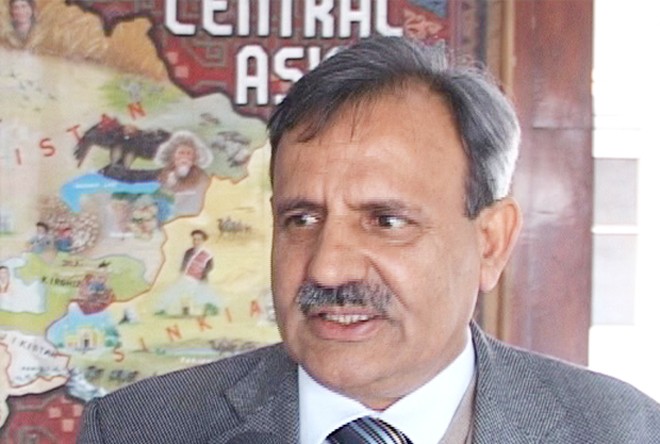

The News on Sunday: Do you think the Taliban draw their political message from the Pakhtun culture in any manner? Don’t the Shariah and Pakhtunwali converge at some point?
Dr Sarfraz Khan: It is a general belief that the Pakhtun way of life is a tribal way of life, and, therefore, it is primitive and that the Pakhtuns are uncivilised and uneducated. There may be certain commonalities between the Taliban and the Pakhtuns as both come from the tribal background. But the former draw their political message from the Arab tribal culture and not the Pashtuns. The Taliban don’t take pride in being Pakhtuns. That is the big difference.
TNS: Tell us something about the concept of Pakhtunwali and whether it has remained a static concept over time or has it evolved. Is there any scholarship on its evolution or otherwise? Some people say there is more to it than the stated concepts.
SK: There is a belief that Pakhtunwali is a static concept and that it is only composed of concepts like chivalry and taking revenge, etc. But there are other concepts of Pakhtunwali, such as forgiveness, collective well-being, etc. We should keep in mind that Pakhtunwali evolved and operated in a region surrounded by super powers such as China, Persia, Turkey, and India. The British colonialists and various other forces, by design, overplayed the seemingly negative concepts in the code, the ones which pointed to or involved violence in one way or the other. They down played the good notions in Pakhtunwali like the desire for peace, the concept of hospitality, non-violence, and other pro-people and pro-women notions.
TNS: There is a sense among outsiders that the Pakhtuns are a little too contented with their cultural norms and there is very little criticism from within. That probably leads to the making of stereotypes and reinforcing them. Is that a correct assessment?
SK: There is very little criticism on Pakhtunwali and whatever there is, it is done by either foreigners or by the upper classes, which were inspired by the foreigners. So, the folklore that we get from the Pakhtun common people is the oral history, in the shape of folk stories, reaching to us through our mothers.
TNS: What did Bacha Khan essentially do to jolt and shake the Pakhtuns? Did he redefine Pakhtunwali code and how? How well-entrenched is his message among the Pakhtuns today?
SK: Bacha Khan rejected the old schools -- the Mughals or the British colonialists. He wanted to reform the Pakhtun society by making them literate, by preaching non-violence and by doing all the good things that could serve the Pakhtun society and the people.
TNS: What about the status of women and the violation of their rights in the Pakhtun society? Do you see a change and is it happening at a satisfactory pace? Do you not think the Pakhtun treatment of women brings them closer to how the Taliban would treat them?
SK: The traditional Pakhtunwali does not give women the right to own land as it may involve the use of arms to establish one’s right to a piece of land. In some areas, women are still denied the right to go to school or cast a vote. But that is certainly not the whole picture. The notions of a patriarchal society are changing gradually with the passage of time, especially through education and political awareness. The political process over time has also left its mark in the evolution of the Pakhtunwali code. Women have now started to demand their share in property, especially land and they have now started to question issues they had not done before, all under the Pakhtunwali code. So, we can say that the Pakhtunwali code is not a static concept and is changing, responding to the changes in society in general and people’s awareness in particular. It is an on-going process.